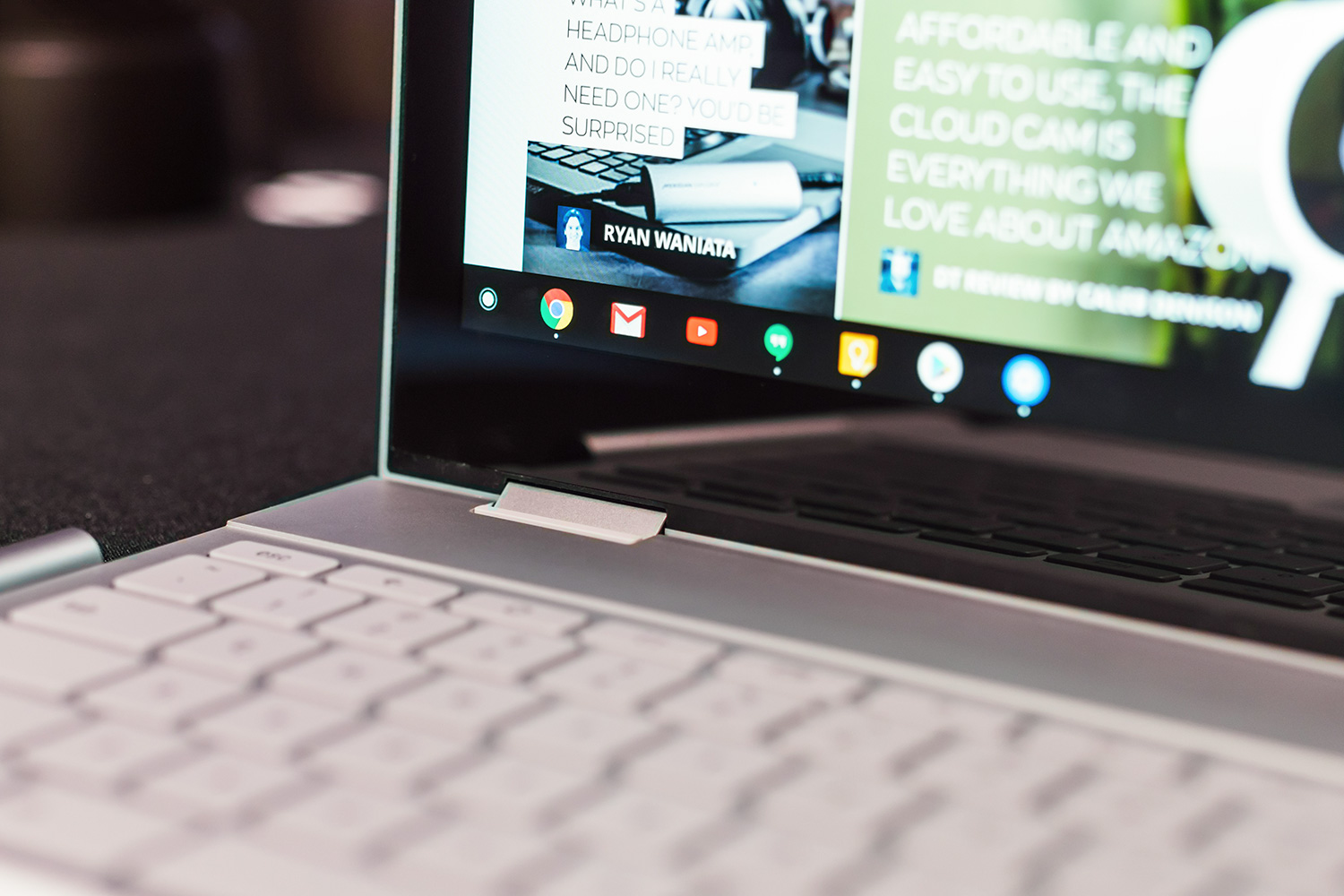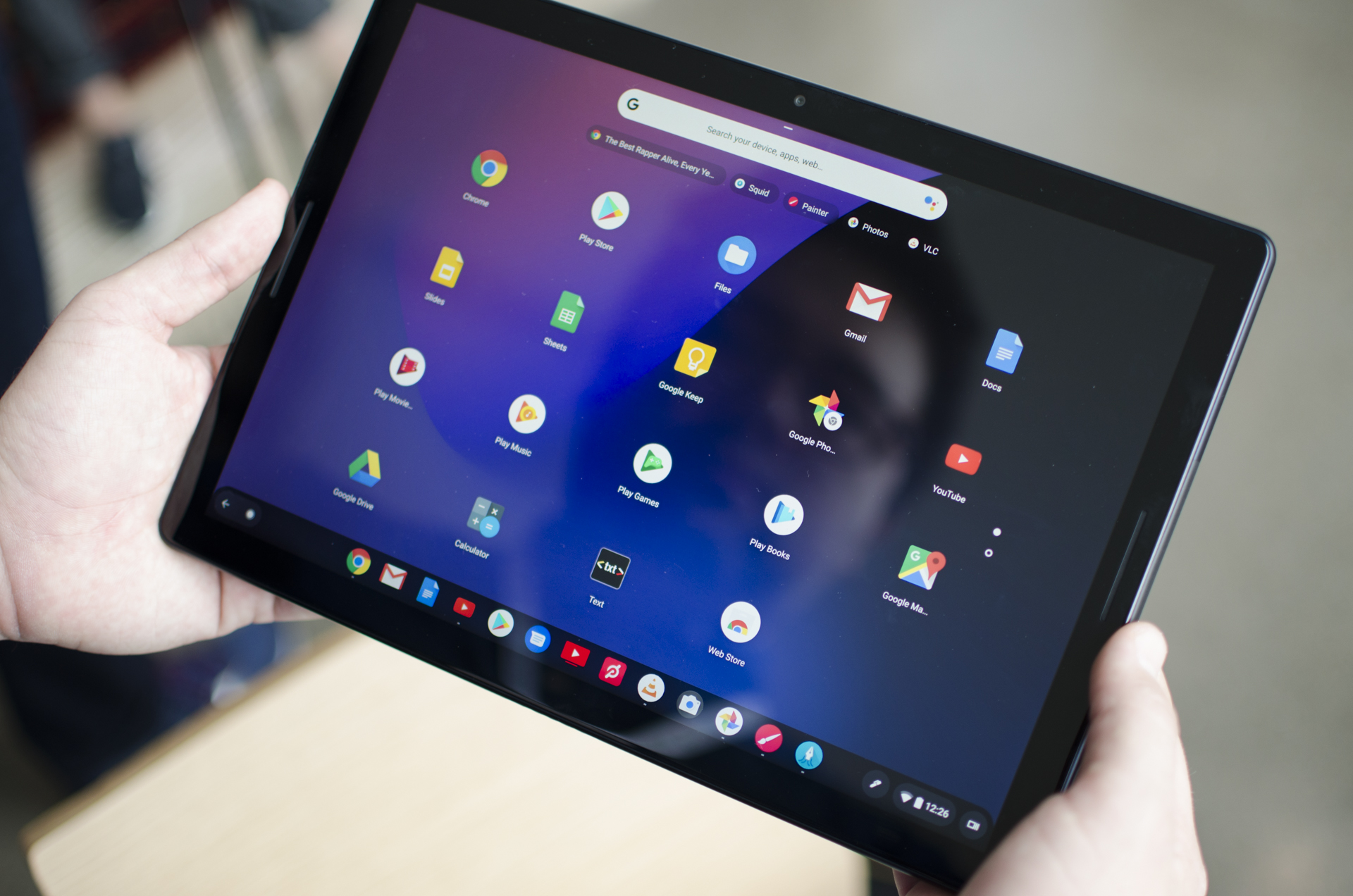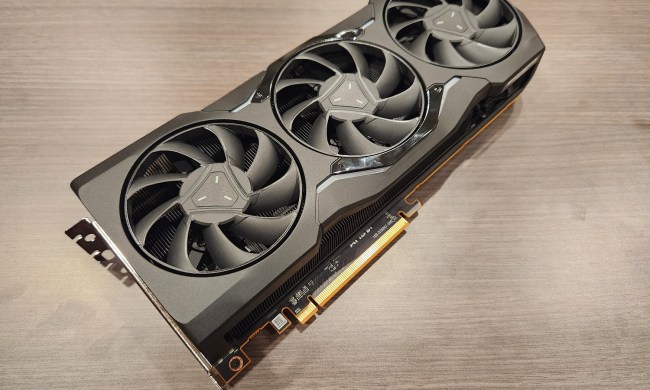
Google has taken a fork in the road.
Once committed to an open ecosystem and platform-agnostic philosophy, these days Google has a new tactic for its continued expansion. It’s a strategy that might eschew some openness in favor of cultivating its own products, apps, and services.
The best example? The demise of Project Campfire, the small development that would have afforded Chromebooks full dual-boot capabilities. Windows on a Chromebook is a dream that may never come true, and Google has a reason for that.
A flame that will quickly die
Project Campfire was never officially announced to the public, but that didn’t stop the now-dead endeavor from being discovered and anticipated by Chromebook fans. Essentially, Project Campfire was Google’s attempt at developing a Chromebook feature that would allow users to dual boot with Windows and its own flagship operating system, Chrome OS.
As we noted in our initial coverage of Project Campfire, allowing Chromebooks to dual boot Windows and Chrome OS would have provided Chromebook users access to apps and features that Chrome OS, as good as it is, just doesn’t have. Letting users switch between operating systems without having to switch computers allows them to have the best of both. This can especially helpful if you own a Chromebook but need to run a program that isn’t compatible with Chrome OS. The dual boot feature would have allowed Chromebook users to choose their preferred operating system once the laptop boots.
But despite how useful Project Campfire would have been, it appears that Google has recently decided to end it. According to About Chromebooks, Google’s change of heart with respect to Project Campfire was discovered by on Reddit after they noticed comments posted in Chromium Gerrit that indicate that Google has decided to terminate the project.

Project Campfire is also known as AltOS and the comments in the project’s attached commit files on Gerrit have listed features associated with AltOS as “deprecated.” And as Chrome Unboxed reports, such features have even been listed as “removed.”
While the end of Project Campfire seems sudden on its surface, the project’s cancelation was the result of a gradual shift away from it. As About Chromebooks notes, Google only spent about four months developing it (from September to December 2018) and 9to5Google reported that Campfire’s progress had already slowed down by last December. Before its cancelation was even discovered, Google delivered the final blow to the dual boot project: it was never mentioned at this year’s I/O developers conference.
However, something else was announced that points toward a different — and perhaps more interesting change in direction for Chrome OS.
A new path forward
Google’ may have been silent on Project Campfire at I/O, but the technology company did manage to use part of the event to officially announce that Chromebooks would be “Linux-ready” going forward, along with a series of Chromebook updates designed to be developer-friendly. Rather having to dual-boot in Linux, your Chromebook will let you side-load it, running both operating systems in tandem.
These new developments indicate that Google is less interested in reaching out to other companies and in creating open systems. Today’s Google seems to be more interested in cultivating an closed product ecosystem for itself and a devoted following for it. In fact, Engadget notes that Google’s Linux-ready Chromebooks, combined with new developer-friendly Chromebook updates may be part of an overall intent to encourage the development of more Android apps for Chrome OS.

Google has an incentive to make the Android app development process easier. As Engadget also reported, over the past year, the number of monthly Chrome OS users who opted to use Android apps increased by 250%. All the while, most Android apps have not been optimized in any way for Chromebooks or Chrome OS tablets. If Android app developers can run Linux, Chrome OS, and Android simultaneously on a Chromebook it could significantly boost Android app development for Chrome OS. The app-making process could be easier, less costly, and require the use of fewer devices.
We get it. Dual-booting Windows on a Chromebook would be cool, especially with how premium the hardware is getting. But Google’s decision to kill this feature is in line with the direction of other companies as well. Consider Apple and its popular dual boot utility Boot Camp, which allows Mac users to switch between MacOS and Windows 10. Apple hasn’t worked on Boot Camp in years, and it could be one of the utilities to go once Apple stops using Intel chips.
These new solutions aren’t quite ready yet, but in the end, it just might be a more fluid and accessible approach to working in multiple environments simultaneously.


